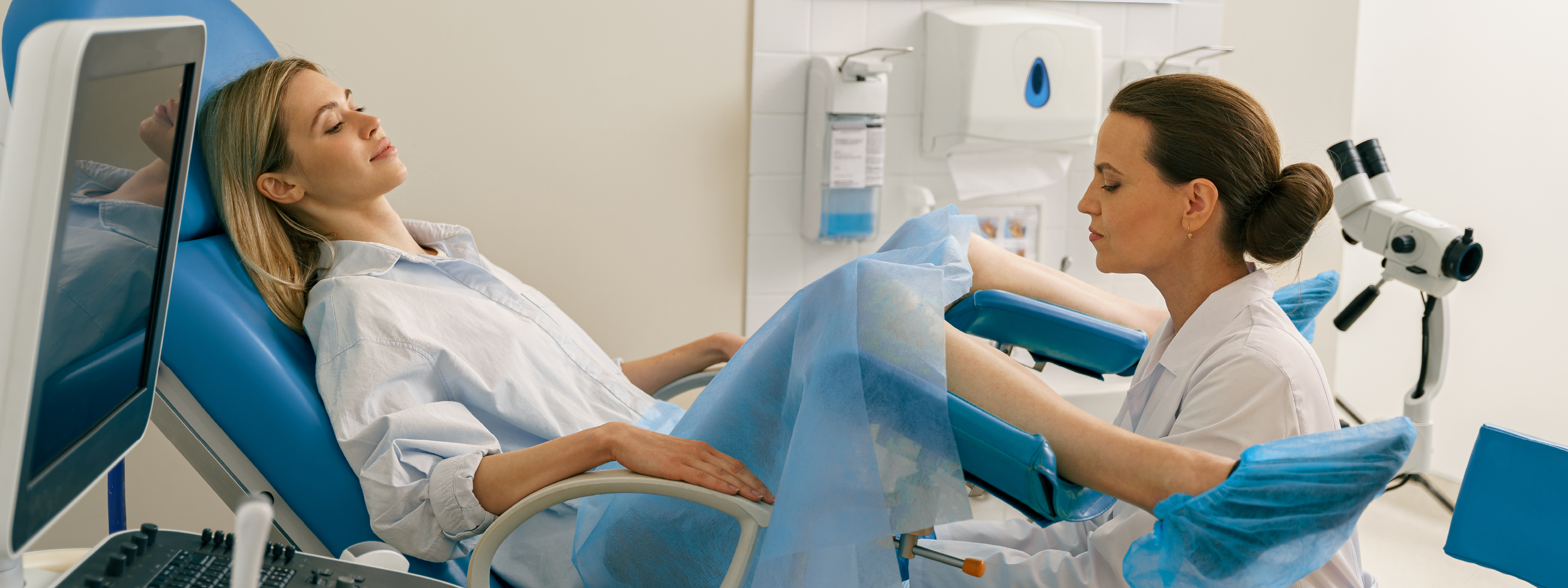 20+ years of exp
20+ years of exp
Languages
English and ArabicClinics
HealthHub - Barsha Heights
HealthHub - Festival Plaza
HealthHub - Jumeirah Village Circle

 20+ years of exp
20+ years of exp
HealthHub - Barsha Heights
HealthHub - Festival Plaza
HealthHub - Jumeirah Village Circle